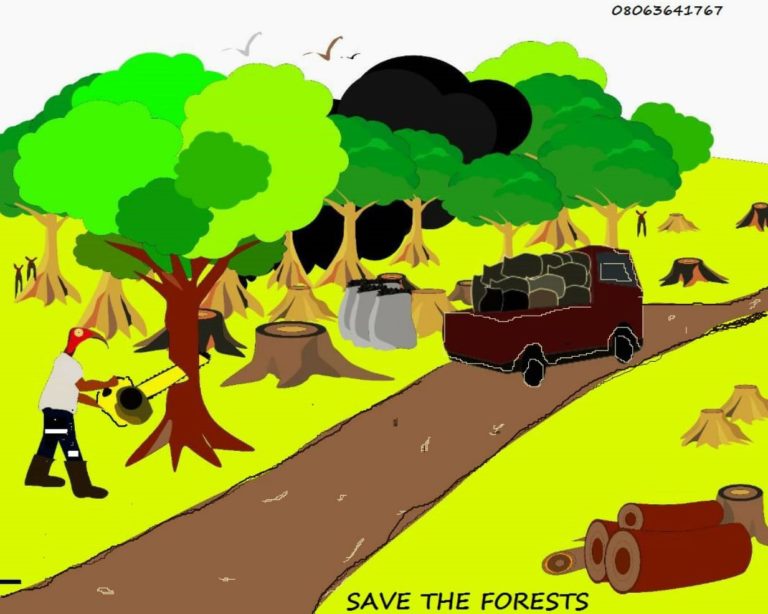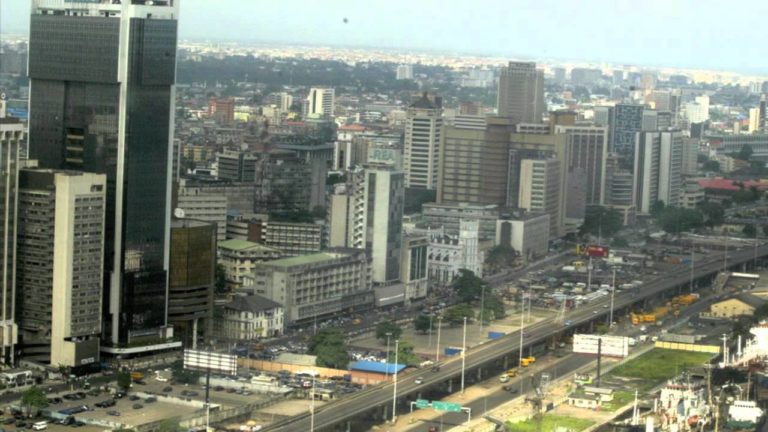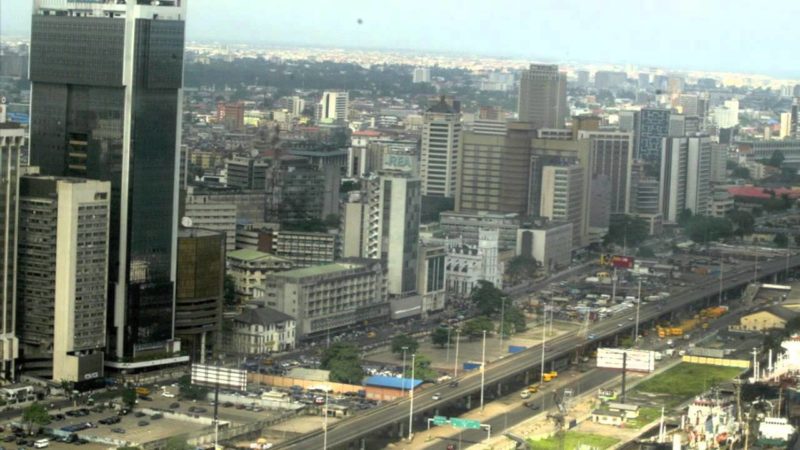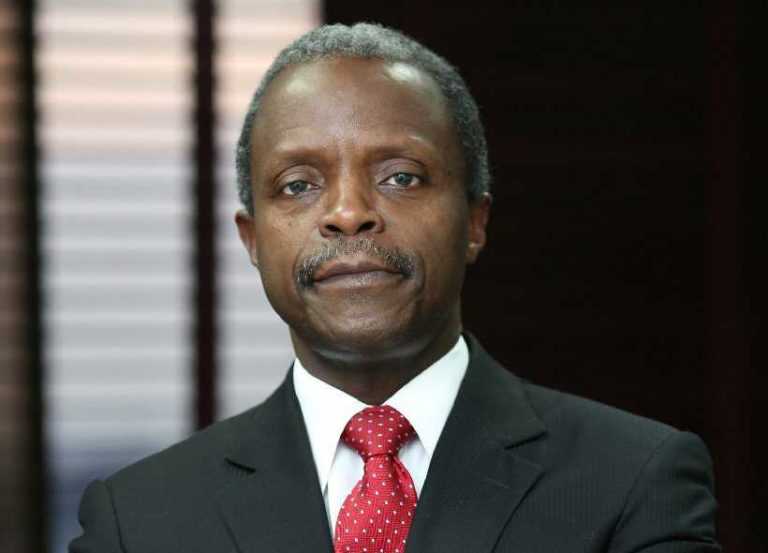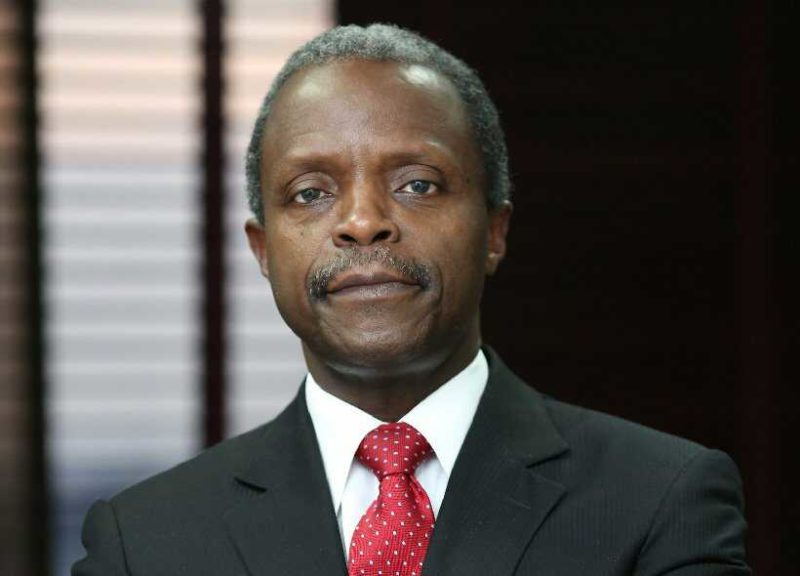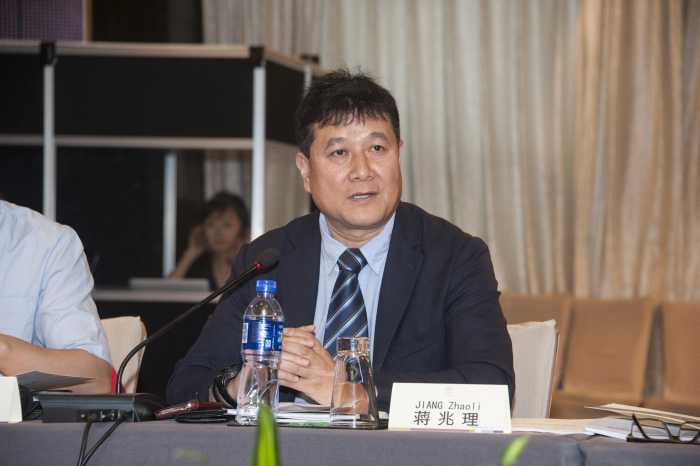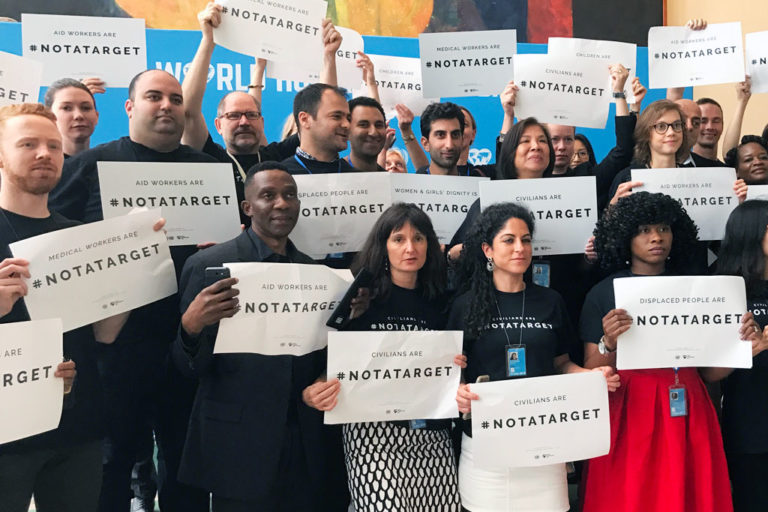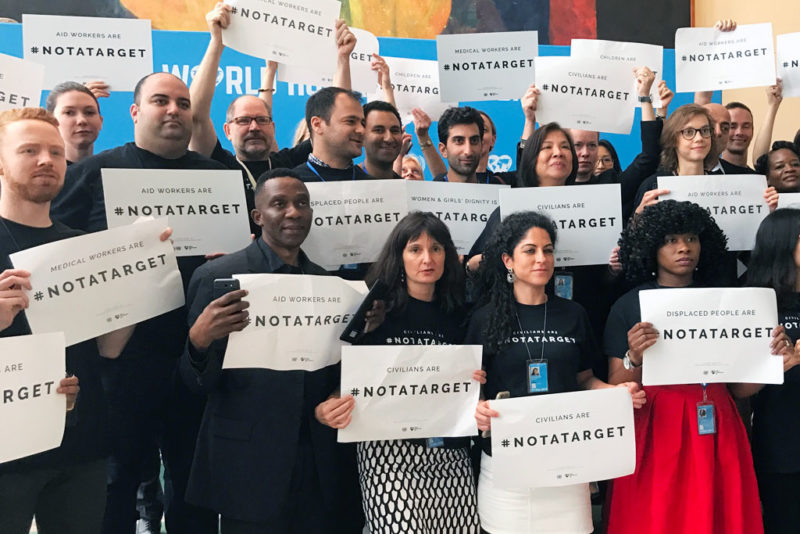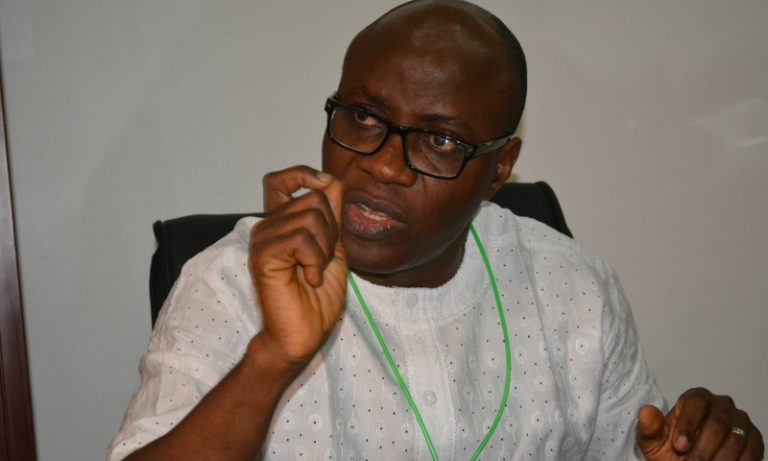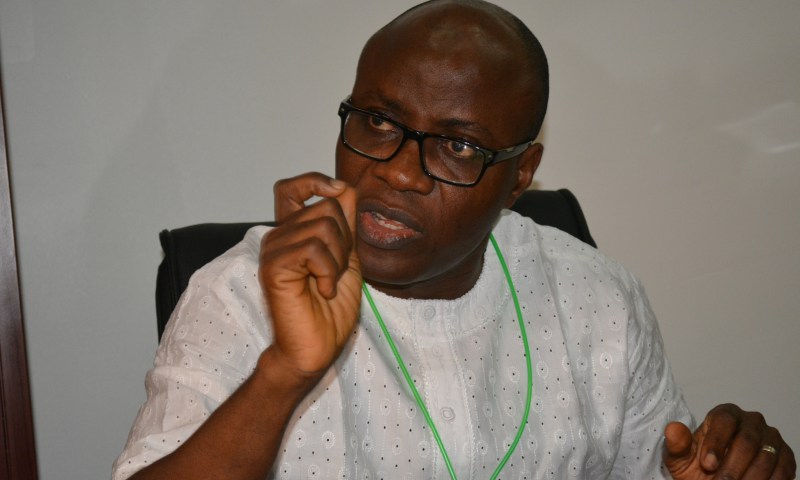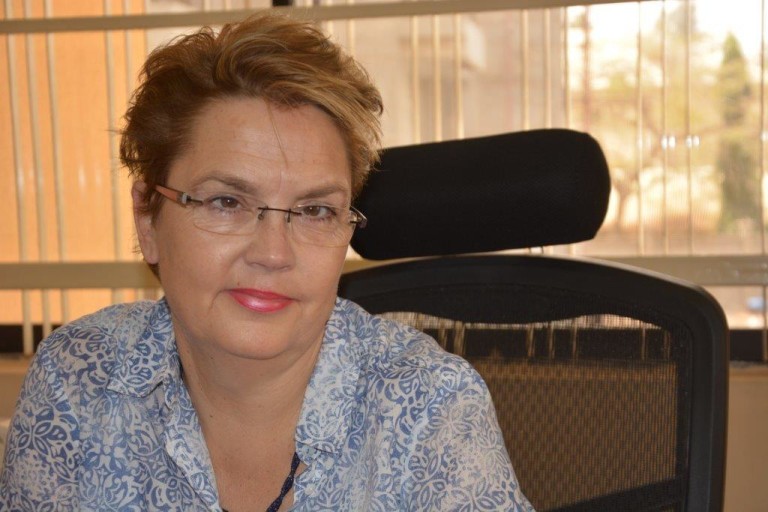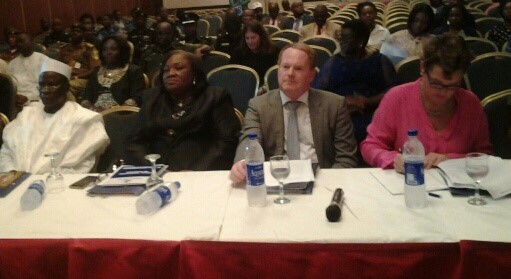As human population continues to inch towards infinity, the energy needs of households for domestic heating have more than doubled over the last few years. Fossil fuel derivatives and wood sourced mainly from the forests are options widely available to Nigerian households to service their energy budget.
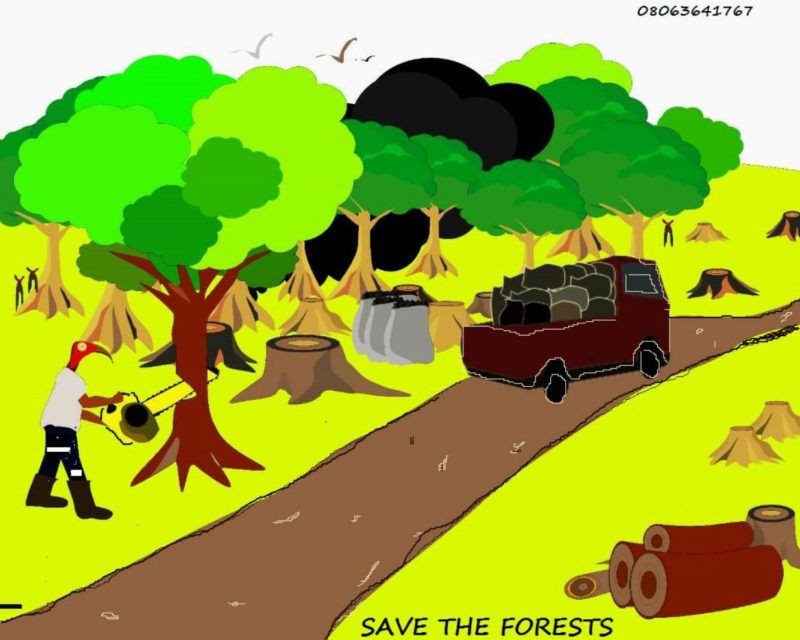
However, the current economic realities and occasional scarcity of fossil fuel derivatives, such as Kerosene and liquefied gas, have become enough disincentive to sway the bulk at the very end of the socio-economic strata towards a cheaper and readily available alternative from the forests. Domestic heating using electricity is a luxury available to a privileged few.
Consequently, wood derivatives have dominated the bioenergy markets in Nigeria. The tons of piled firewood and charcoal bags along major roads should suffice as proofs. However, charcoals seem to resonate as the favourite energy brand of households in the rural and urban areas, except for the extremely poor settlers who would rather prefer to gather firewood as against any fundamental investment in charcoal pots. Therefore, charcoal industry has continued to support local earnings in Nigeria despite glaring future consequences on the forestry sector.
A new twist to charcoal consumption, albeit a dangerous one for the environment and the people, is the volume of charcoals regularly exported to service the clean energy demands of foreign nations. This act is synonymous to taking coals to Newcastle as these countries are well-off in terms of the living standards and boost of more stable electricity supply to satisfy their energy demands. However, in a bid to cut down on electricity bills and operate a more climate friendly energy alternative, hard currencies are dangled before impulsive charcoal merchants to locally source for high quality charcoals for exportation. Worst still, market prices are determined by “him who owns the piper”.
This no doubt is a vivid pure case of modern slavery as there seems to be little or no difference between the present band of charcoal dealers and our progenitors who received mirrors and sugars to relinquish the right of ownership of their collective heritage to the colonial masters.
It has been argued that charcoal merchants, who are often than not the bread winners of their families, have the right to a means of subsistence. The argument may have some alluring strands to hold onto, things can however be done differently to attain more environmentally friendly, socially responsible and economically viable impacts. The current practice of charcoal production and exportation is unhealthy and a forerunner to climate change and biodiversity loss in Nigeria. This has led the federal government on several occasions to place restrictions on further exportation of charcoals. However, such bans are hardly operable as they buckle easily to barrage of complaints from sympathisers and juggernauts at the corridors of power.
Complaints are always that tons of charcoals awaiting shipment at the port would be wasted, and their means to livelihood stamped out. Yet, they have failed or refused to recognize the fact that a cow that is daily being milked without recourse to feeding will cease to exist. In other words, forests will sooner cease to support charcoal production if we turn a blind eye to afforestation efforts.
Tree-growing efforts on the part of users of forest resources is near non-existent and claims of planting efforts scantily mooted will pale into insignificance when juxtaposed with the volumes of charcoal ferried beyond the borders to some Asian and European countries.
Others pushed their justification a little further by referring to charcoal dealers as the “vulture” of the forest. The logic would be that charcoals are made from gleaned wood residues and not necessarily from timber-sized trees or logs from the forest. The truth however is that large scale production of charcoal is not possible without the use of an automation device. Often power chainsaws are used for massive despoliation of indigenous trees covering several hectares of land and cross-cutting usually done to re-size trees in readiness for carbonisation.
For the records, vultures are not predators and they do not hunt for their food. Vultures only eat carcasses of animals. Vultures help to clean up the environment therefore reducing incidences of disease outbreaks. The opposite of what vultures are to the environment are true of charcoal production activities within the forests. Should it not therefore be that charcoal merchants are rather “vampires” of Nigerian forests? Or perhaps these are mutant species of vultures who would choose to see the forests as carcasses.
At just about 7% forest cover in Nigeria, it will only take few years to finish what is left of the forest cover and plunge the rural economy into disarray as about 20 million people are directly or indirectly dependent on the forests for their livelihood. Only then will charcoal dealers realize that the industry in itself is not sustainable, without aggressive tree planting and support for the forestry sector. Only then will the roles of forests in agricultural productivity, honey production and climate regulation become more appreciated. Only then will you appreciate advocacy appeals for nature conservation.
Conclusively, it is glaring that the forestry sector is in dire need of rescue from all forms of parasitic and illegal extraction activities. The need to plug loopholes through which forest resources drain uncontrollably is urgent and monies generated as taxes from regulated forestry activities be ploughed back into the environment. Enacting bye-laws to protect indigenous fruit and fodder trees (FFTs) which are often bagged as charcoals will be a step in the right direction among other helpful actions.
Save the forests! Plant a tree today!!
By Stephen Aina (Nigeria Conservation Foundation, Lagos; stephen.aina@ncfnigeria.org)

